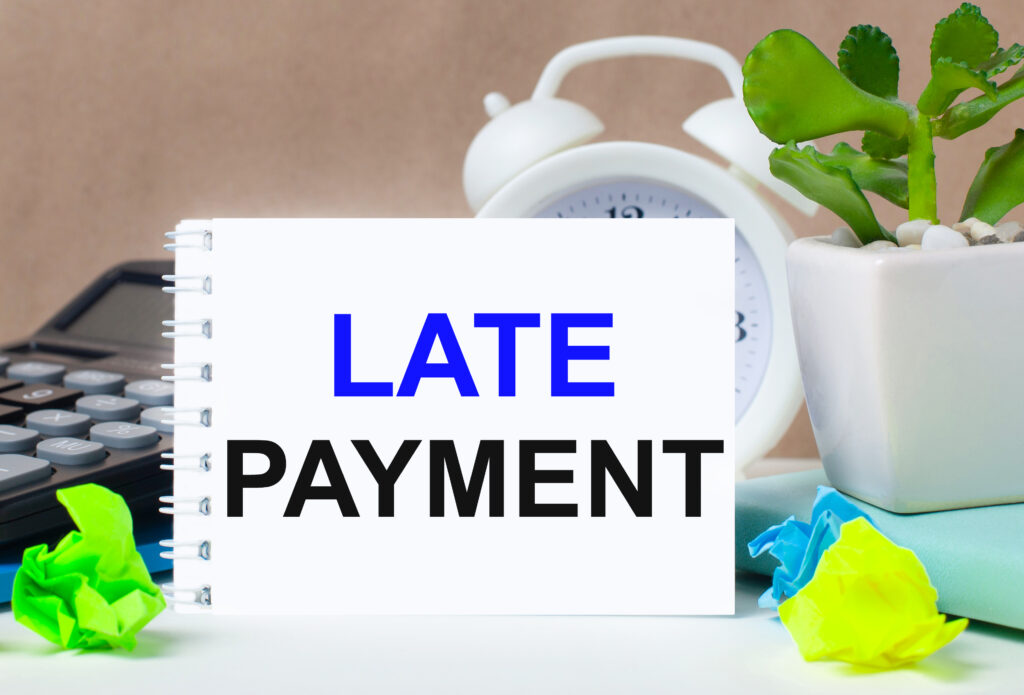I Missed The Tax Deadline, Now What?
What happens if I file my tax return late?
HMRC must have received your tax return by 31 October 2023 for paper forms, and midnight on 31 January 2024 for online returns.
If you miss the deadline to file your self-assessment tax return, you’ll have to pay a penalty.
You will also have to pay interest on both the amount you owe and any late payment penalties.
If you delay sending in your tax return by:
1 day — you’ll have to pay a penalty of £100
3 months — you may have to pay a penalty of £10 a day, for a maximum of 90 days (£900)
6 months — you may have to pay a further penalty of 5 per cent of the tax you owe or £300, whichever is greater
12 months — you may have to pay a further penalty of 5 per cent of the tax you owe or £300, whichever is greater – in some cases, you may have to pay up to 100 per cent of the tax you owe.
HMRC
What if I pay my tax late?

In addition to getting fined for filing your tax return after the deadline, you could also face charges for failing to pay your tax bill on time.
The deadline for paying any outstanding tax is 31 January after the end of the tax year (unless you’re paying through PAYE).
You could also face the following penalties if you pay late:
After 30 days: a charge equal to 5% of the tax outstanding,
After six months (31 July): a further 5%.
After 12 months (31 January the following year): an additional 5%.
These charges are separate, and in addition to, any charges for filing your tax return late.
Interest on tax due and penalties
If you miss this deadline, you’ll be charged interest from the date the payment was due. The interest rate is currently 6.5% but will rise to 6.75% from 13 April; it’s risen several times since December 2021 in line with the Bank of England base rate. Interest is applied to any late payment of tax at the rates shown at www.hmrc.gov.uk/rates/interest.htm.
Penalties for making a mistake on your tax return

There is a system of penalties for mistakes on your tax return. What you’re charged with will depend on whether HMRC thinks you have just been careless, or have purposely tried to lie about how much you earn.
Penalties are based on the amount of tax you owe, and are payable in addition to the tax owed.
If you have taken reasonable care to fill in your return correctly, you’ll have no penalty to pay.
If you have been careless, the penalty will be between 0% and 30% of the extra tax owing.
If you have deliberately underestimated your tax, the penalty is between 20% and 70%.
If you have deliberately underestimated your tax and attempted to conceal the fact, the penalty will be between 30% and 100%.
In conclusion, for your personal tax return you have several deadlines to adhere to. You must ensure that you file all your HMRC forms on time to avoid penalties and make payments on time to avoid interest and surcharges.
Reasonable excuses for filing late
Sometimes things happen that mean you can’t file your tax return on time. HMRC will accept certain ‘reasonable excuses’ for being late.
A reasonable excuse is defined as being ‘normally something unexpected or outside your control that stopped you meeting a tax obligation.’
If HMRC accepts that you had a reasonable excuse, it should waive any late charges.
Examples of reasonable excuses include:
- The recent death of a partner
- An unexpected hospital stay
- Computer failures
- Service issues with the tax authority’s online services
- A fire which prevented you completing a tax return, or caused postal delays.
Each case will be considered individually. It’s always best to file your return in plenty of time before the deadline if possible.
Take control of your Cryptocurrency Tax Return
My Crypto Tax Cryptocurrency accountants are available right now to help you complete your tax return early, so you know how much tax you need to pay and by when. If you are due a refund, it makes perfect sense to receive this as soon as possible. We are working with many Cryptocurrency investors and entrepreneurs and business owners who have already filed theirs and we are ready to help you too.
